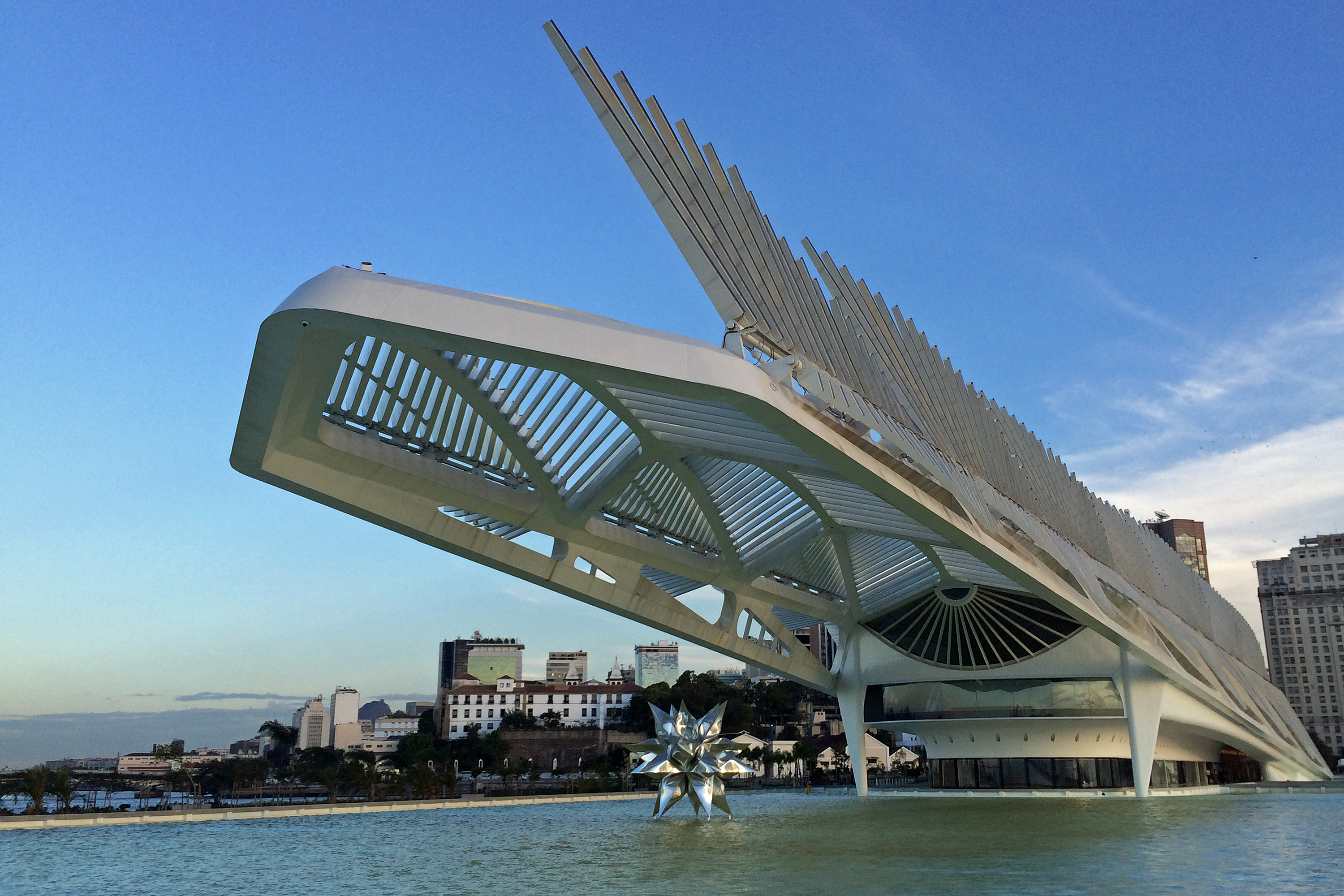BRAILLE ROOM OF THE PUBLIC LIBRARY OF LAGOA SANTA IN THE CONTEXT OF THE 2030 AGENDA
INCLUDING PEOPLE AND TRANSFORMING LIVES
DOI:
https://doi.org/10.22478/ufpb.1809-4775.2022v18n1.63085Abstract
Public libraries play a fundamental role in the development of society, especially when they offer services that interfere in the improvement of people's quality of life, which represents a commitment to citizen practice. In the context of Agenda 2030, this commitment has been intensified, with actions or projects that contribute, in some way, to strengthening the goals of sustainable development. This article is qualitative, as it reports the experience of the Sala Braille Project, managed by the Public Library of Lagoa Santa, State of Minas Gerais, whose objective is to present the project's viability, based on the results achieved, considering user satisfaction and repercussion of the Project in the scientific and professional environment. In addition, the theoretical bases of the study, the planning, diagnosis, implementation and, above all, the evaluation phases are exposed, elucidating the benefits that this Project provides in the lives of people with visual impairment. The results of the experience indicated the importance of the Project, above all for enabling the insertion/rescue of people into social life. It was concluded that the Braille Room is a space for welcoming and socializing individuals, a practical example that libraries can contribute to the development of society, offering equal access to information, guaranteeing citizens' rights and, in effect, transforming lives.













